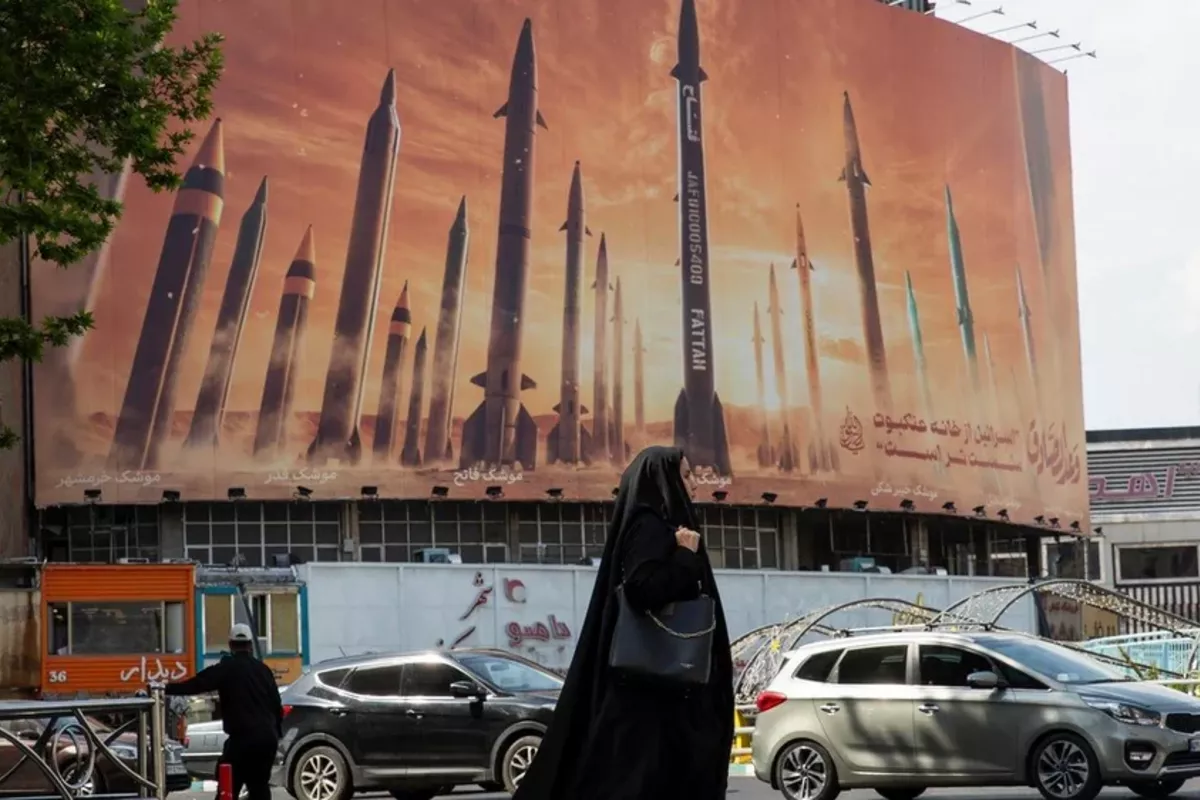
Photo credit: Theatlantic.com
Iran’s nuclear trajectory appears more like a cautious glide along a well-worn path than a bold leap into uncharted territory, consisting of tactical, reversible steps designed to buy time rather than making fundamental changes to the project.
In New York, Iranian officials quietly explored whether a brief delay to the re-imposition of UN sanctions (‘snapback’) could be negotiated on the sidelines of the General Assembly if negotiations addressed their stockpile enriched to 60 percent, The Caspian Post reports citing TRT World.
The proposal, described by Iranian and Chinese state outlets as including a forty-five-day cushion and even direct contact with US counterparts, did not come to fruition; the deadline passed, the meeting never materialized, and UN sanctions were duly reinstated, with Washington and allied capitals imposing additional designations.
In American and European views, the old guardrails are still seen as essential - zero enrichment, credible missile limits, and restrictions on funding regional allies - while in Tehran, the same demands are regarded as externally dictated and, for this reason, illegitimate.
The legal mechanics of snapback are severe enough, with renewed restrictions on arms, missiles, travel, and assets, but their sharpest edge is political.
Every time the sanctions framework is put in place, the argument for compromise diminishes on both sides of this dispute, and the factions that mistrust diplomacy see their case validated.
Between sanctions and strikes
Across the region, Israel indicates that further strikes on Iran remain a possibility, while Gulf capitals brace themselves for sporadic flare-ups and the exhausting cycle of raids and retaliations.
Inside Iran, the latest sanctions impact market sentiment and the currency, yet officials maintain resilience and insist that nuclear decisions will keep flowing through the Supreme National Security Council.
Within that framework, the likely futures are modest: either a frozen crisis managed just short of war, or a limited, time-bound agreement in which Iran caps enrichment and restores intrusive access for inspectors from the International Atomic Energy Agency (IAEA) in exchange for targeted pauses in sanctions enforcement and some economic relief.
The Agency’s own accounting helps explain the urgency: by mid-June, inspectors had judged Iran’s 60-percent stockpile to be roughly 441 kilograms, a figure made more alarming by the fact that on-site verification has been patchy to non-existent since the summer strikes on nuclear facilities.
Share on social media